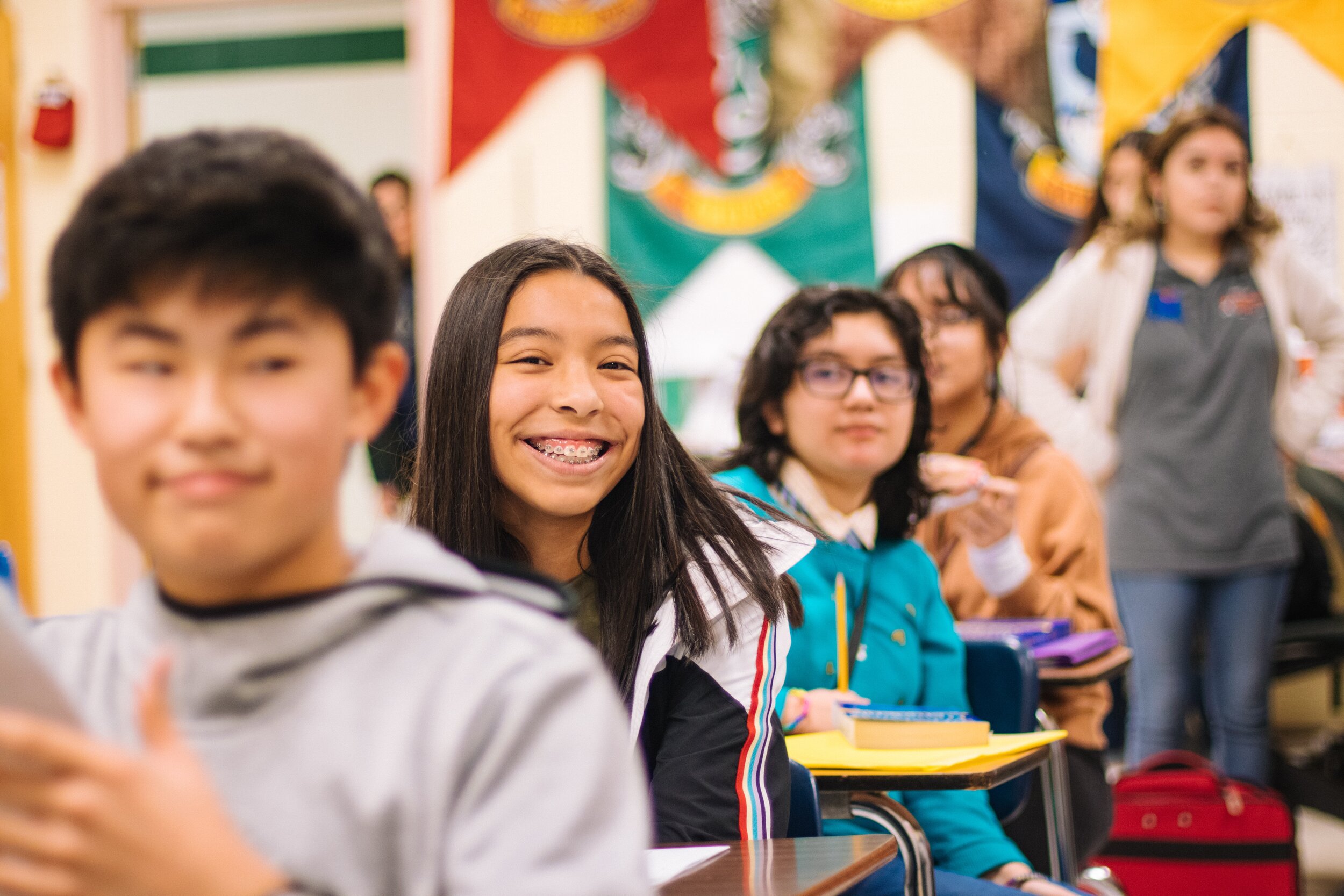
Teaching Strategies
Our Instructors teach students strategies that will help them learn regardless of the subject matter or environment.
This allows the student to become more independent, have the ability to self-correct, be creative, and learn to problem-solve in areas where thinking and performance have been difficult. When a student discovers mistakes are simply another opportunity to learn, they build confidence and the ability to take more academic risks.
To build a student’s academic skills and self-confidence we practice:
Socratic teaching
A dialogue between instructors and students, based on asking and answering questions to stimulate critical thinking and to draw out ideas and underlying presuppositions.
Verbal Mediation
Private speech or internal dialogue which facilitates learning and problem solving.
Self-Coaching
A self-directed activity which enables you to move forward and embrace your next challenge readily and excitedly.
Diagnostic Teaching
An approach that works through helping students to learn to detect, understand and correct misconceptions in their own work.
Our focus is not on just providing students with information but on facilitating and supporting them through the process of discovering, connecting, storing, retrieving and applying information.
This type of instruction is focused on facilitating a student’s ability to discover what they need to know, to be able to break down and organize information and to develop his self-monitoring, self-control and self-adjusting skills when doing a task.
We deliver long term, consistent, individualized, and high intensity instruction that is explicit, progressive and systematic at all levels.
Our programs help students develop skills in tasks and activities at concrete and conceptual levels, in learning behavior management; and in academic independence management







